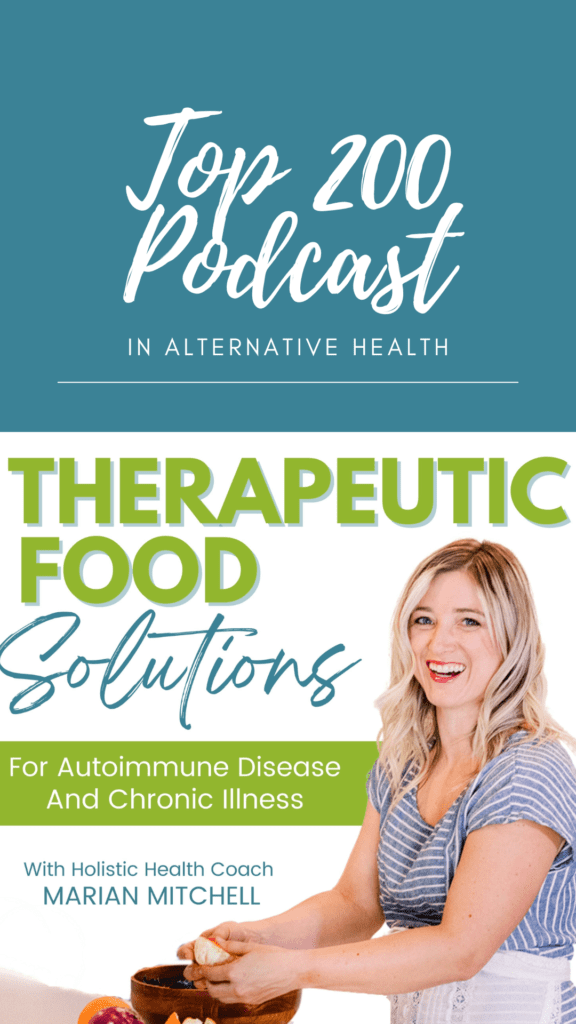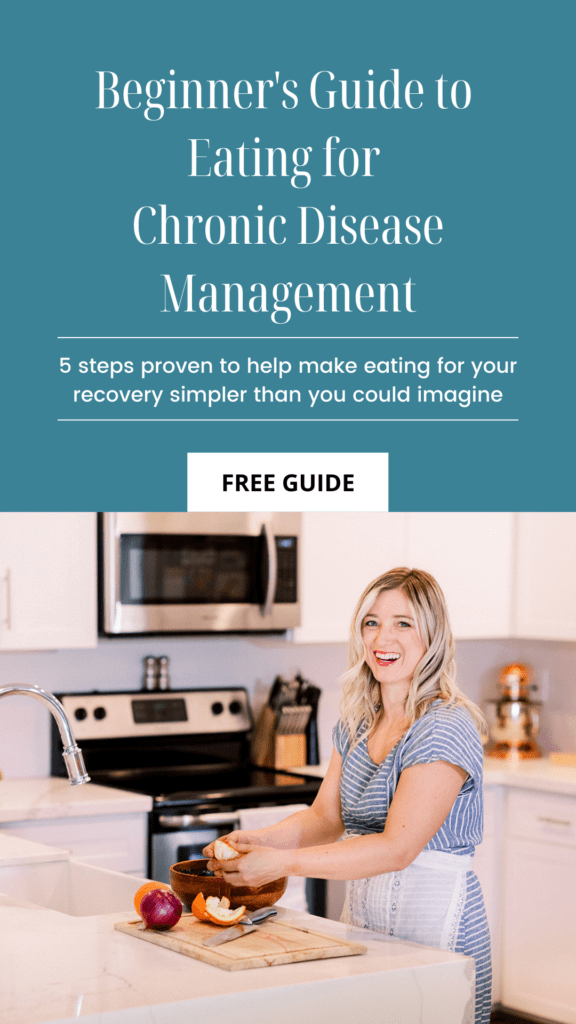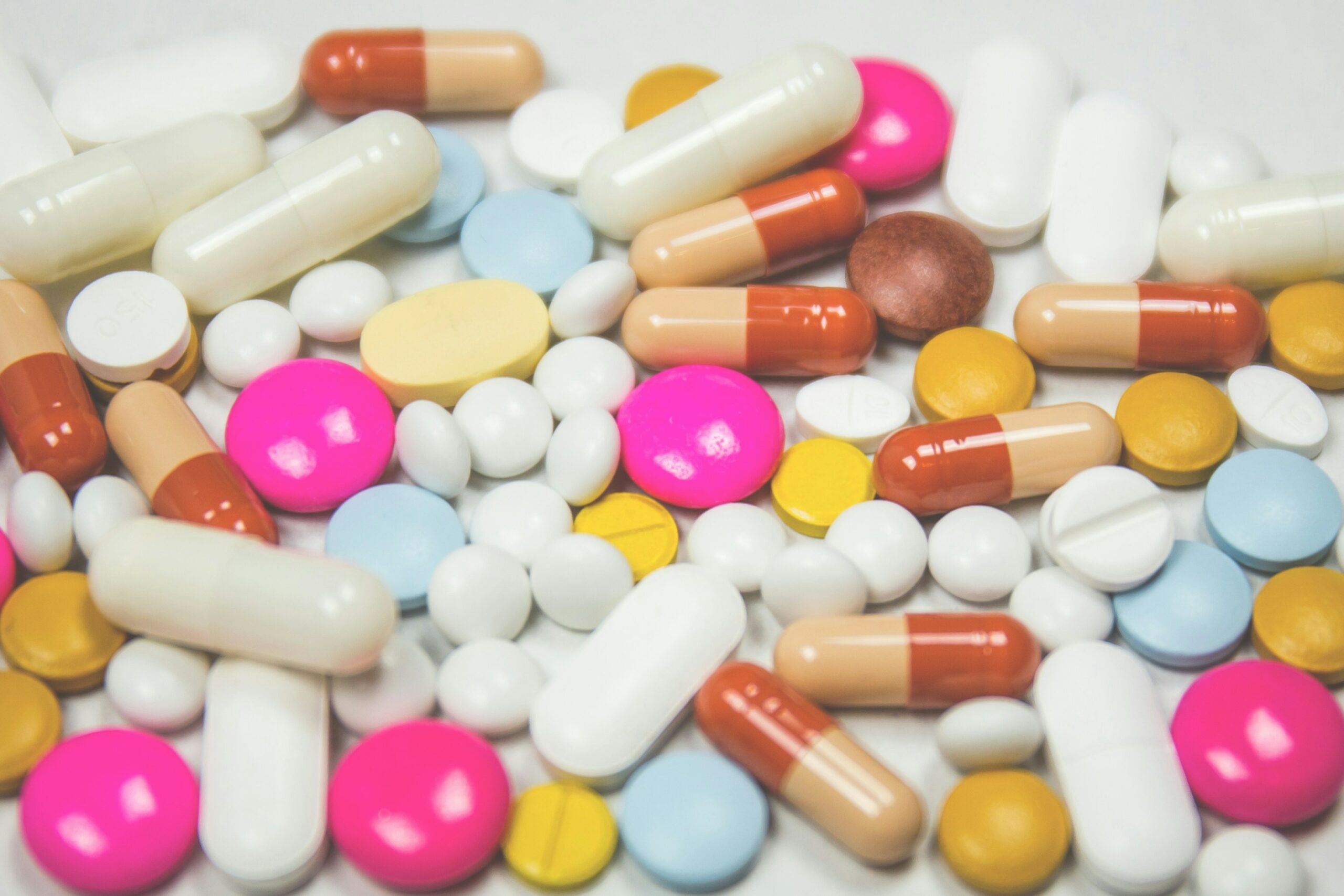Addiction has the potential to affect all of us, however, some people are at a higher risk than others. In the guide, we will discuss what risk factors play a role in addiction so you can get a rough idea of what your risk is of developing an addiction. Ready? Let’s dive into it.
So what is an addiction exactly?
For a behaviour to become an official addiction, these elements need to manifest:
- The behaviour offers a reward
- The user denies they have a problem
- All self-control is lost
- Consequences of the behaviour are understood yet the user has no desire to change
A person who meets this criterion is an addict. Anyone else is probably just a bit overindulgent and reckless.
Something to address first
Mental disorders (such as addiction) can be the result of both environmental and biological triggers at play. Read more on Nature vs Nurture.
Risk factors in addiction
Many factors increase the likelihood of someone going down the road of addiction. Here are the main ones…
Genetics
You probably already know that your genes can influence your IQ, your personality, your physical health, and your mental health, therefore, genes can determine your susceptibility to becoming an addict too since addiction is a brain disorder (aka a mental health condition) that has little to do with morals and willpower.
According to research, family history accounts for a whopping 50% of your addiction risk. So, if you have any family members who suffer from addiction you are unfortunately at risk as well.
Those with a genetic vulnerability to addiction may develop ‘addictive personalities. For example, if your father was an alcoholic you may (understandably) be turned off going down the same path but then fall into a gambling or smoking addiction. Sadly, Addiction is around every corner.
But don’t panic! Effective treatment is available and since you are aware of your risk now you are likely going to be more willing to seek treatment early on as opposed to an addict who has not been educated on the role their genetics played in their addiction.
Age
There is an addiction term called the ‘developmental stage’. This essentially means you are more susceptible to developing an addiction if you use or did use drugs during a time of critical brain development like adolescence. The drugs cause long-lasting influences on the brain which makes the teen or young adult more likely to face an addiction later in life.
Sensitivity to drugs
Just like how people can have different risk factors for addiction – they can have different bodily reactions to drugs. For example, some people drink coffee and experience adverse reactions like jitteriness, diarrhoea, and anxiety while others feel nothing but more energy – this is because some people are sensitive to caffeine while others are not. The same applies to drugs. You can be sensitive to the drugs you take which can potentially increase your susceptibility to addiction at a later date
Ethnicity
Surprisingly, your race/ethnic group can put you at risk of addiction. This is because drug metabolism rates can vary depending on your ethnic background. Different cultures have their own attitudes in regard to drinking, for example, the British and Irish are known to be heavy drinkers and statistics show drinking levels are high risk across the British isles. A study also found that Hispanic Americans are more likely to engage in heavy drinking than other ethnic groups.
Gender
Research has demonstrated that men and women react differently to drugs. Women were found more likely to be addicted to drugs that relieve anxiety (think Xanax) and treat sleeping problems. On the other hand, men were more likely to be addicted to alcohol and marijuana. Regardless of substance type, the overall rate of addiction was higher for men than women.
Homelife and family
Kids from broken families and who have little adult supervision are more inclined to engage in risk-taking behaviour like doing drugs. Like we mentioned above, people who grow up with alcoholic parents are more likely to become addicts themselves (even if it’s not alcohol).
Type of drug
Not all drugs are created equal when it comes to addiction. Substances like cocaine and heroin are by far the most addictive drugs out there but addiction is definitely not the worst side effect of these hardcore drugs, the worst is death from an overdose of course.
Availability
If drugs are kept nearby someone is more likely to keep using them. For example, a teen whose parents keep regular stocks of alcohol in the refrigerator is more likely to continue drinking which puts them at risk of addiction. And a woman may smoke more if her smoker housemate keeps plenty of cigarettes in the house. Knowing people who can sell you drugs and having close ties with drug dealers will feed the potentially addictive behaviour. You may also live in a neighbourhood where drugs are common and easy to find.
Stress
Experiencing prolonged stress can make you willing to use drugs to improve your mood and escape your problems. Stressed people may want to get high frequently because it makes them feel calm and allows them to forget the problems they face.
Social
 Do you have any friends that smoke pot? If so, you may be more likely to take drugs too. Obviously, this applies more so to younger adults (whose peers are a big influence on them) rather than older adults who don’t really care what others do.
Do you have any friends that smoke pot? If so, you may be more likely to take drugs too. Obviously, this applies more so to younger adults (whose peers are a big influence on them) rather than older adults who don’t really care what others do.
Treatment for addiction
Recovery usually involves checking into a rehabilitation facility so the addict can work with a professional trained in this area. Most rehab centers cater for all kinds of addiction too. Below we have included an example of what a good rehab centre looks like:
The facility is both residential and outbound, meaning patients can choose to temporarily live there or just visit. A residential stay is recommended for people just starting treatment or for severe addicts since they won’t be able to find or get drugs. Here are the main features of this rehab facility:
- Fully trained psychiatrists who have completed a minimum of a masters degree
- 24 hours care
- Private rooms
- Nutritious meals (healthy eating plays a massive role in recovery)
Treatment is not just for patients either and families are often involved too as rehab centers know that addiction can tear families apart, Enterhealth provides family therapy for those who have been affected by the addiction of a loved one.
To Summarize
Many biological and environmental factors can determine your likelihood of developing an addiction such as genetics, home life, and drug sensitivity but the key thing to take away here is that everyone’s risk is unique. Even those who have a very high risk of developing addiction can end up not developing it at all.








